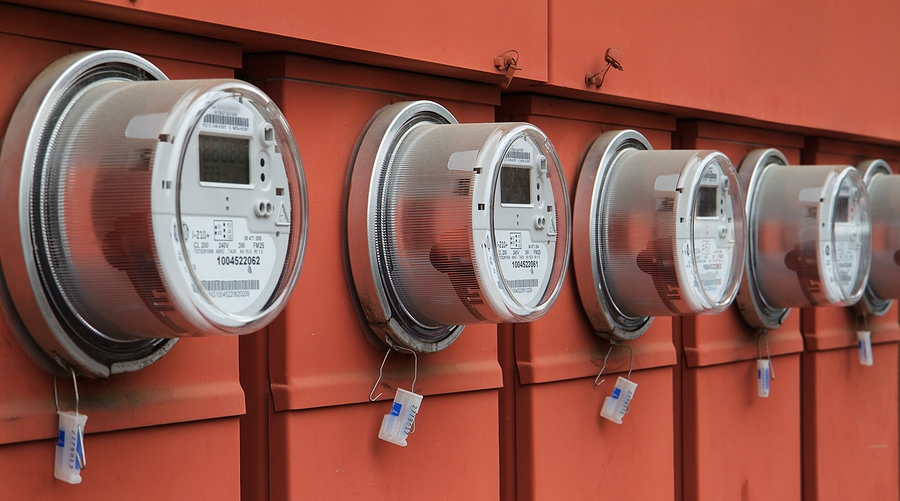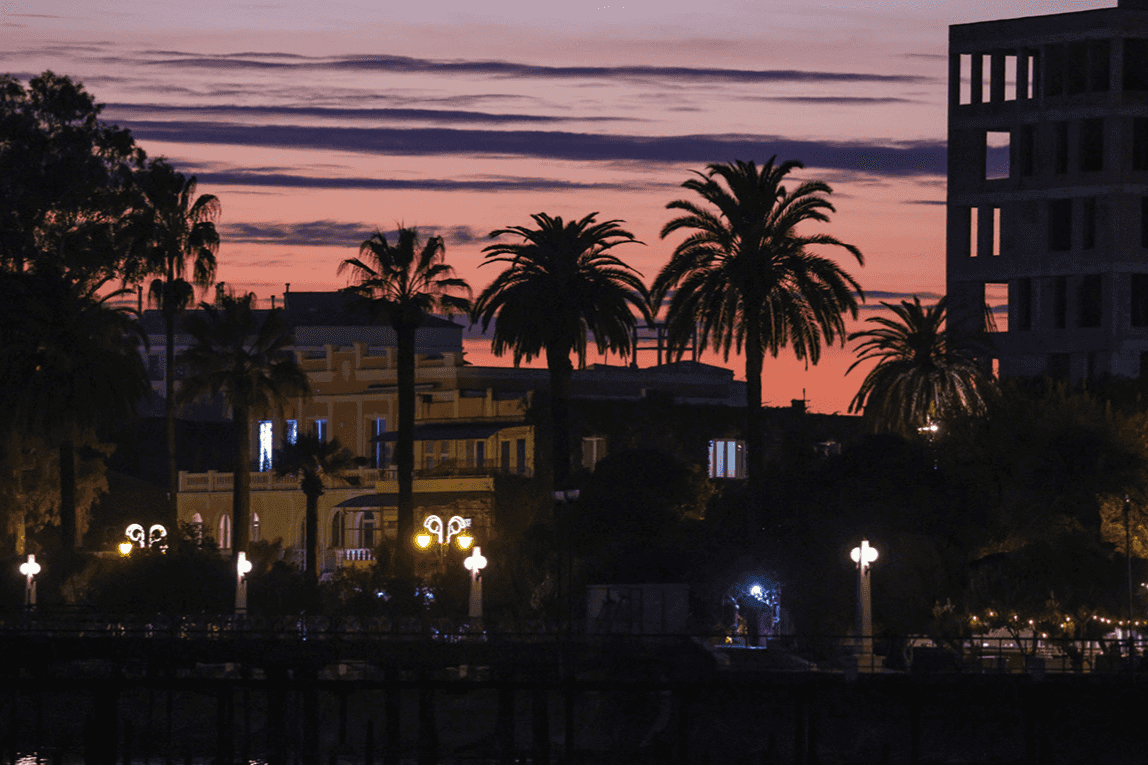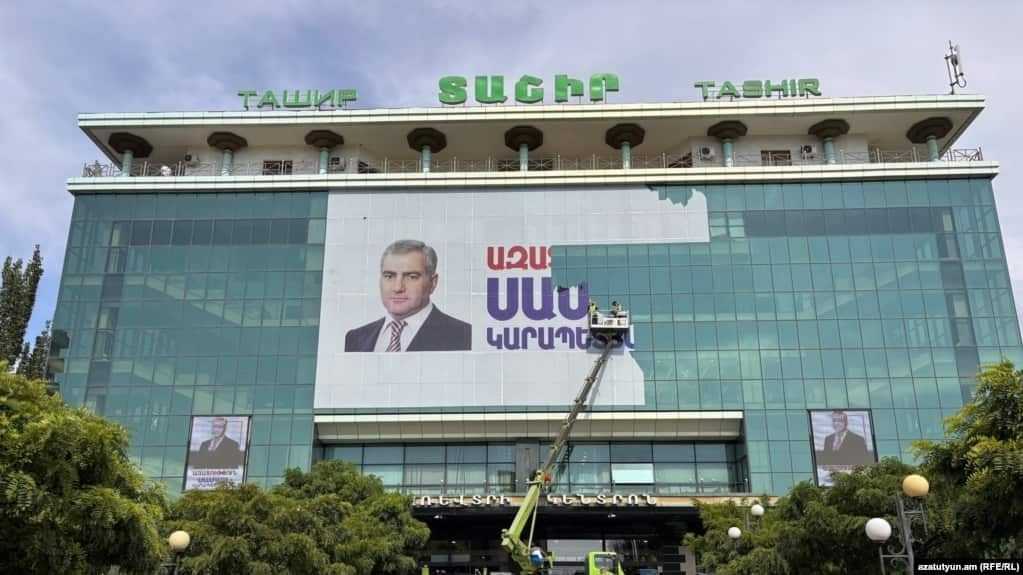

Energy poverty affects many in Georgia, a recent study conducted by World Experience for Georgia has found. It says almost 40% of population borrow money to pay utility bills.
According to a paper published on 14 December by the World Experience for Georgia (WEG), a think-tank working on energy and environmental issues, energy poverty is a lack of technical and financial availability to access clean energy sources and its main causes are low income, high energy prices, and low energy efficiency in buildings.
The study cited data from Georgia’s National Statistics Office (Geostat), saying that 99% of Georgians have access to electricity and 68% to natural gas, whereas the latter is most widely used energy resource in terms of total energy consumption (52%), followed by wood (30%) and electricity (16%). Wood usage is particularly high in villages and equals to 82% of total wood consumption.
‘Energy consumption data analysis suggest that usage of wood is high for heating and cooking purposes and half of all families are reliant on wood. Burning wood in energy-inefficient stoves can be considered a characteristic of energy poverty as it’s usually a result of the unavailability of clean energy sources’, the study said.
It said people heated only a small proportion of their homes during cold weather — usually 20 square metres or less. 45% of the population uses natural gas for heating, 46% uses wood or agricultural waste, while 6% use electricity.
According to 2017 data from Geostat, the average monthly income per capita in Georgia is ₾273 ($102) while it was ₾955 ($360) per family. Utility expenses equal to 12% of and exceeded expenses on clothes (4%), transportation (10%) and education (4%).
Utility expenses were characterised by seasonality, whereas in summer natural gas expenses were ₾20 ($8) on average, this rose to ₾95 ($36) during winter. Average electricity expenses were ₾28 ($11) in summer and ₾48 ($18) in winter.
‘Often the heating is not turned on 24 hours a day and the correlation is similar in the villages with the distinction that the population mostly uses wood for heating. Taking the current social background into account, energy bills become a serious burden for a large portion of the population’, the study said.
Government subsidies on energy
According to 2017 data from CRRC, 22% of Georgia’s population have incomes lower than ₾270 ($100), while 8% live on less than ₾108 ($41). Almost 40% of the population reported borrowing money to pay utility bills — 8% every month, 6% every second month, and 24% less often.
‘It’s important that these costs exist despite annual energy subsidy mechanisms and relieved tariffs’, the study said, adding that in 2017, the government issued ₾29 million ($11 million) worth of subsidies to support 189,000 consumers of different categories.
In addition, the population living in Kazbegi and Dusheti municipalities receive natural gas for free, while the population of Mestia do not pay for electricity.
The study noted that ‘the price of natural gas for retail customers is cheaper than the market price and equals to $120 per 1000 m3’.
According to the study, in around 40% of EU countries, energy vulnerability is connected with social vulnerability.
‘For instance, in Germany vulnerable customers who need special aid in electricity and gas markets are registered in social protection programmes. Also in Lithuania, people who receive social aid are united in the vulnerable customer category. It is similar in the cases of Bulgaria, Cyprus, Denmark, Finland, Poland, etc’, the study says.
OC Media spoke with the head of WEG Murman Margvelashvili who said that vulnerable customers are not always solely socially vulnerable people.
‘Socially vulnerable customers aren’t the whole picture. It’s possible a person is not poor but suffers from energy poverty because where they live, either the building or the energy supply is not adequately provided.’
‘Of course there are overlaps as well and a large proportion of socially vulnerable people can’t afford to pay their bills and therefore are under energy poverty’, said Margvelashvili, adding that social vulnerability and energy poverty were different problems and needed different solutions.
The WEG has already addressed the Ministry of Economy to consider some of their recommendations in a bill that must be considered by parliament by the end of the year.
Margvelashvili said, the ministry does have separate initiatives against energy poverty, but it’s somewhat voluntary. The group recommended defining energy poverty in the legislation and making the Ministry of Economy responsible for taking measures against it.









